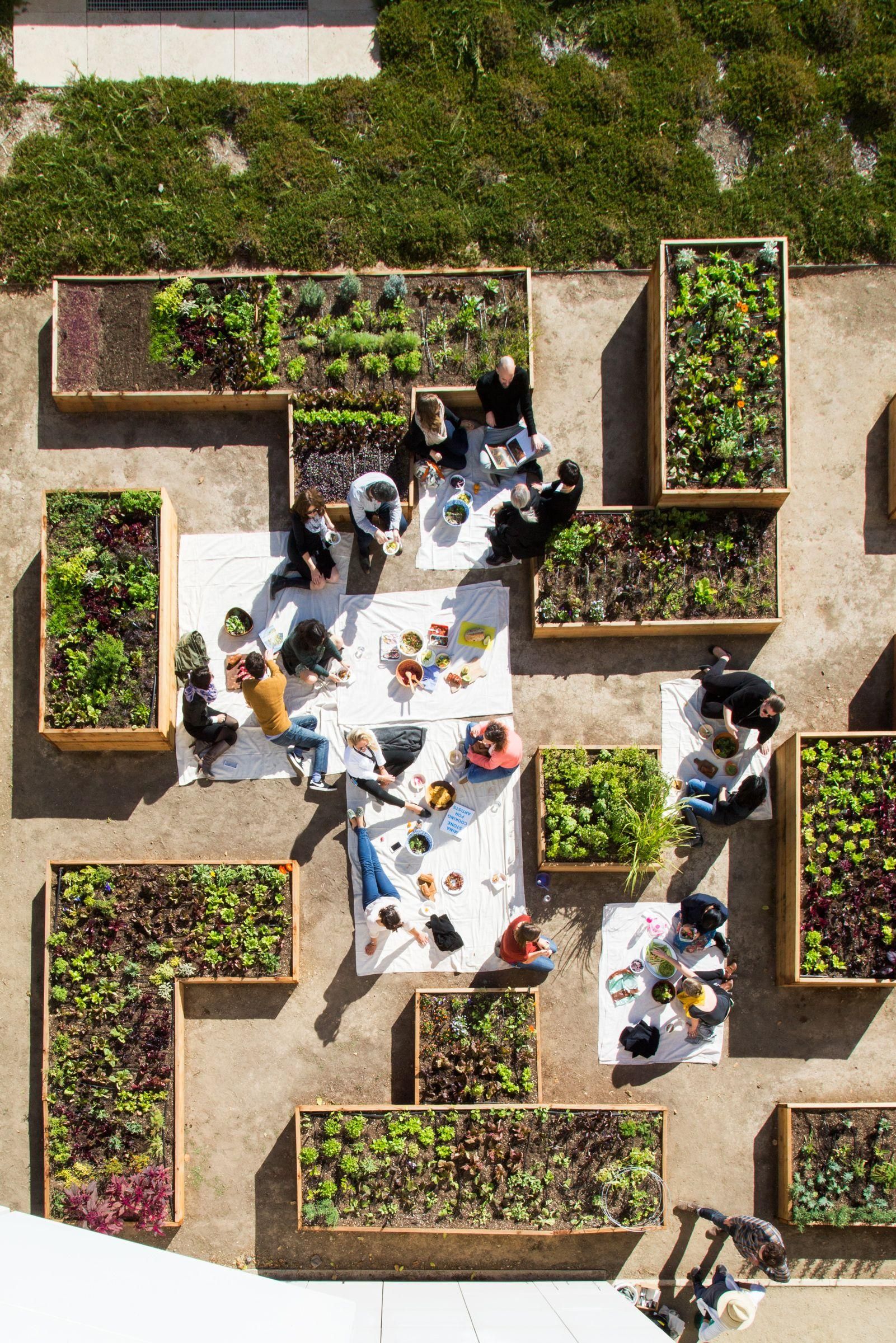Roof gardens are becoming increasingly popular in urban areas, as people look for ways to incorporate green spaces into their homes and workplaces. These gardens are typically created on the rooftops of buildings, transforming what would otherwise be unused space into a lush oasis. With a little creativity and planning, a roof garden can provide a variety of benefits for both the environment and those who tend to it.
One of the primary advantages of a roof garden is its ability to help reduce the urban heat island effect. In densely populated cities, buildings and pavement absorb and retain heat, leading to higher temperatures in urban areas. By creating green spaces on rooftops, the heat-absorbing surfaces are replaced with vegetation that helps to cool the surrounding area. This can lead to lower energy costs for buildings as well as a more comfortable outdoor environment for residents.
In addition to reducing heat, roof gardens can also help to improve air quality. Plants naturally filter pollution from the air, helping to purify the surrounding environment. By creating a rooftop garden, building owners can contribute to a cleaner and healthier city ecosystem. In some cases, roof gardens can even help to reduce noise pollution, as the plants can act as a sound barrier between the building and the surrounding neighborhood.
Beyond the environmental benefits, roof gardens can also provide a range of personal advantages for those who tend to them. Gardening has been shown to have a number of positive effects on mental health, including reducing stress and improving mood. For urban dwellers who may not have access to traditional green spaces, a roof garden can provide a much-needed escape from the hustle and bustle of city life.
Creating a rooftop garden does require some initial investment and planning, but the long-term benefits can make it well worth the effort. Depending on the size and complexity of the garden, building owners may need to install irrigation systems, waterproofing membranes, and structural supports to ensure the garden’s success. However, with the right design and maintenance, a roof garden can thrive and provide enjoyment for years to come.
Overall, roof gardens offer a unique opportunity to bring nature into urban environments and create sustainable green spaces in unexpected places. Whether for environmental, personal, or aesthetic reasons, these gardens can provide a range of benefits for both building owners and the community at large. By embracing the potential of rooftop gardens, cities can continue to evolve and grow in a way that is beneficial for both people and the planet.















